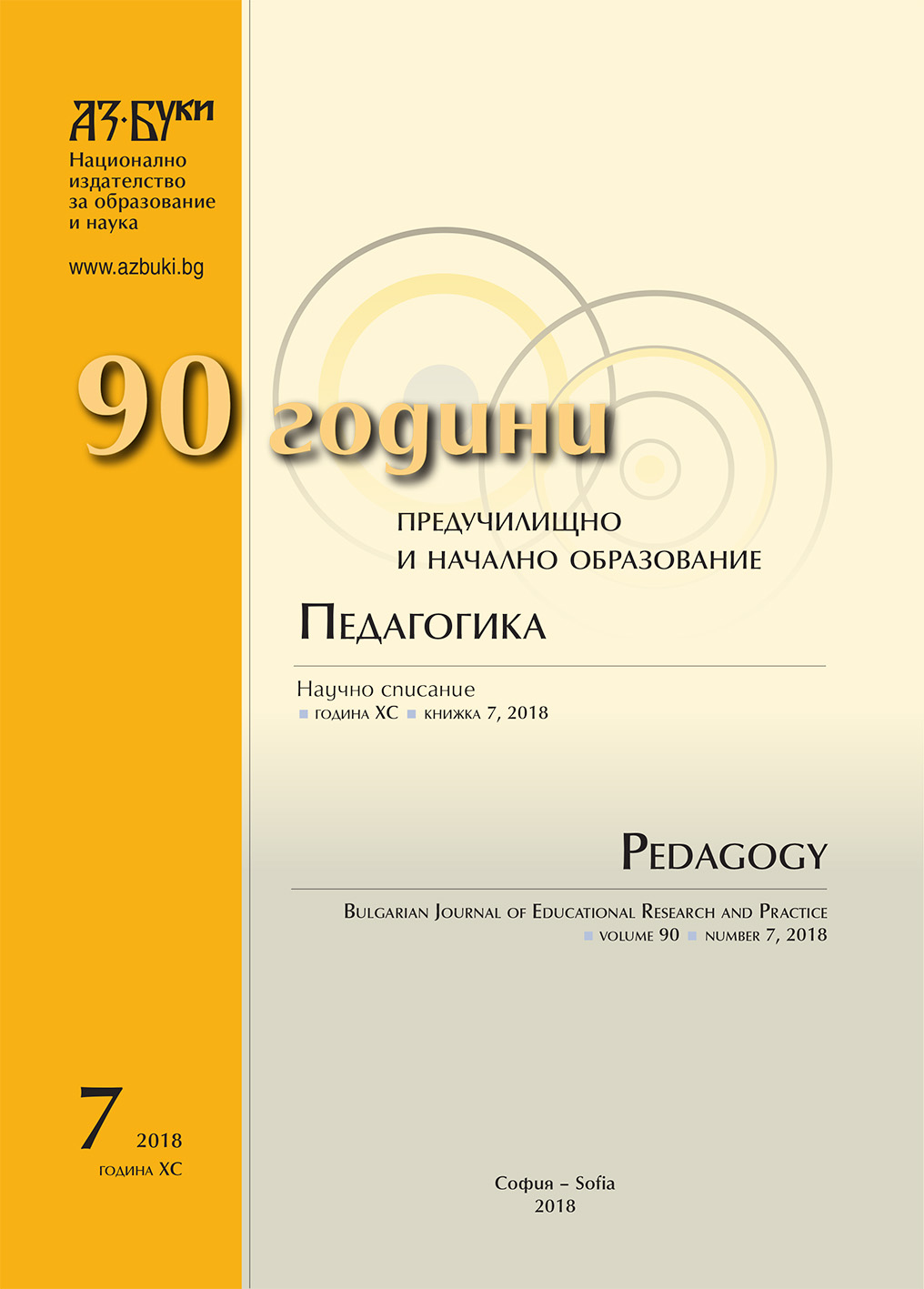Практики на неформално образование в социална услуга „Наблюдавано жилище“
Non-formal Educational Practices in Social Service “Observed Housing”
Author(s): Aleksandar RanevSubject(s): Social Sciences, Education, Sociology, Adult Education, History of Education, State/Government and Education, Social psychology and group interaction, Personality Psychology, Organizational Psychology, Social development, Social differentiation, Management and complex organizations, Family and social welfare, Social Informatics, Economic development, Social Norms / Social Control, Inclusive Education / Inclusion, Identity of Collectives
Published by: Национално издателство за образование и наука „Аз-буки“
Keywords: social service; observed housing; non-formal education;
Summary/Abstract: The “Observed housing” social service is focused on supporting young people who have left social institutes for children without parents, family-type accommodation centres and foster families in Bulgaria. One of the biggest risks for these youngsters comes from the lack of basic social and professional skills, education, supporting environment. For the youngsters, these deficiencies make their independent life very difficult and often the result is emotional depression, criminal behaviour and social exclusion. The opportunities that non-formal education offers for the development and realization of the personal potential of these young people are very important. Part of the typical forms of non-formal education and learning in social service „observed housing” are: continuing education – for secondary or primary school graduates, there is a possibility of regular, evening, individual form; professional and educational courses – related to professional and educational preparation depending on the individual profile; programs and training – individual or group oriented towards different social skills. This article describes some of the typical practices in the field of non-formal learning and education in social services “observed housing” and especially in “Observed housing together”. The article describes how practically / in practice the main types of non-formal education are covered: Parallel education – through the parallel support of formal education and parallel compensatory training of young people for independent life and profession; Complementary education – by acquiring of knowledge and experience for personal development beyond formal education; Continuing professional education – Extending and Improving the professional qualification and individual development.
Journal: Педагогика
- Issue Year: 90/2018
- Issue No: 7
- Page Range: 909-916
- Page Count: 8
- Language: Bulgarian

